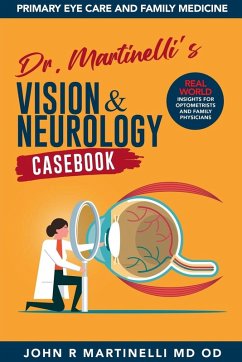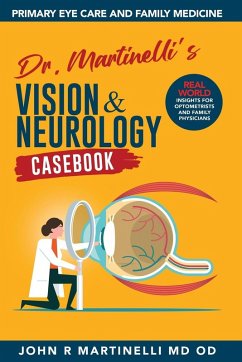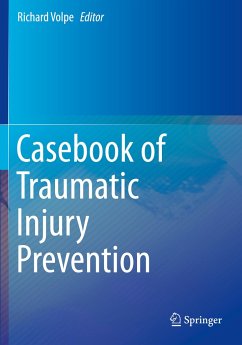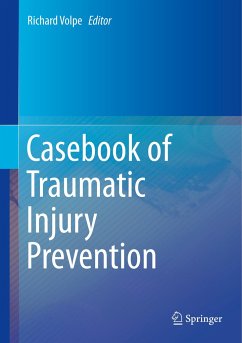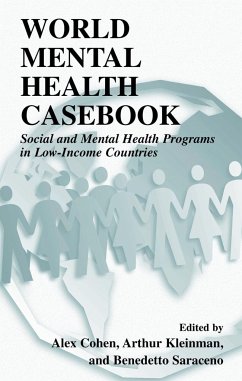
A Casebook of Medical Ethics
Versandkostenfrei!
Versandfertig in 1-2 Wochen
68,99 €
inkl. MwSt.

PAYBACK Punkte
34 °P sammeln!
Should a brain-dead woman be artificially maintained for the sake of her fetus? Does a physician have the right to administer a life-saving transfusion despite the patient's beliefs? Can a family request a hysterectomy for their retarded daughter? Physicians are facing moral dilemmas with increasing frequency. But how should these delicate questions be resolved and by whom? A Casebook of Medical Ethics offers a real-life view of the central issues involved in clinical medical ethics. Since the analysis of cases plays a critical role in this study, the authors have assembled a broad collection ...
Should a brain-dead woman be artificially maintained for the sake of her fetus? Does a physician have the right to administer a life-saving transfusion despite the patient's beliefs? Can a family request a hysterectomy for their retarded daughter? Physicians are facing moral dilemmas with increasing frequency. But how should these delicate questions be resolved and by whom? A Casebook of Medical Ethics offers a real-life view of the central issues involved in clinical medical ethics. Since the analysis of cases plays a critical role in this study, the authors have assembled a broad collection of histories encountered in their work as medical ethics educators and consultants. The cases are developed in substantial detail to reflect the rich medical and psychosocial complexity involved, and each is brought to a decision point at which a course of action must be chosen. The book includes commentaries that combine general discussion of ethical principles with specific analysis of the cases examined in the text, as well as various options for resolving conflicts. Readers are invited to assess the comparative merits and liabilities of these approaches.








